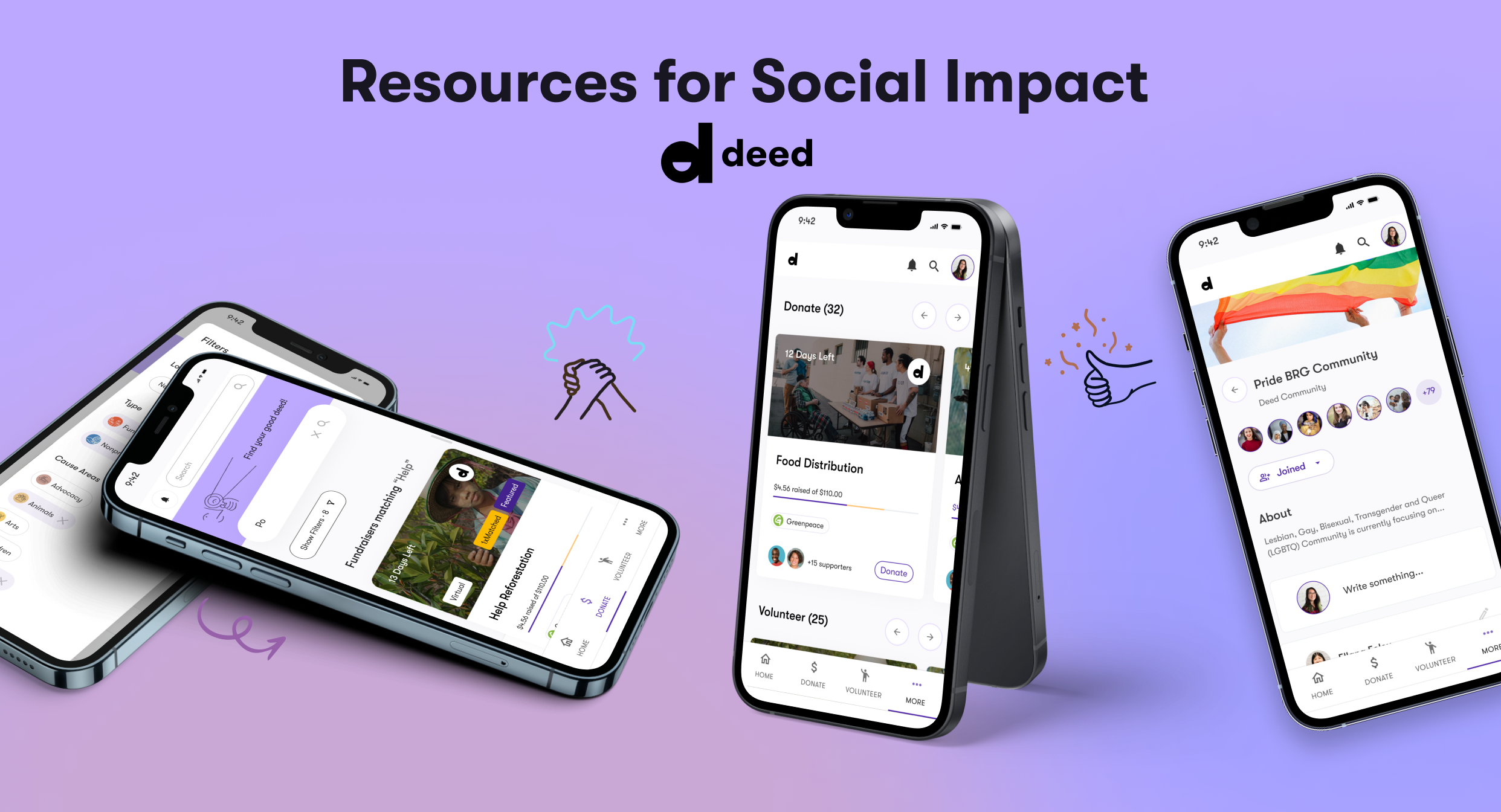[Social Impact 101] The Triple Bottom Line: How Sustainability is Changing the Definition of Corporate Success
The concept of sustainability has been gaining importance in recent years, with more and more businesses realizing the need to adopt sustainable practices in order to thrive in the long run. The idea of the Triple Bottom Line is one such framework that is changing the definition of corporate success. The Triple Bottom Line is a concept that takes into account three bottom lines - people, planet, and profit - and argues that businesses should strive to achieve success in all three areas in order to be truly sustainable.
The first bottom line, people, refers to the social impact of a business. This includes the welfare of employees, customers, suppliers, and the wider community. Businesses that prioritize the people bottom line are committed to treating all stakeholders fairly and creating a positive impact on the society in which they operate. This could involve anything from paying a fair wage to employees, to supporting local communities through charitable initiatives.
The second bottom line, planet, refers to the environmental impact of a business. This includes the use of natural resources, energy consumption, and waste management. Businesses that prioritize the planet bottom line are committed to minimizing their impact on the environment and reducing their carbon footprint. This could involve anything from using renewable energy sources to reducing plastic waste.
The third bottom line, profit, refers to the economic impact of a business. This includes the financial success of the business and its ability to generate profit for shareholders. Businesses that prioritize the profit bottom line are committed to creating value for their shareholders and ensuring the long-term viability of the business.
While the Triple Bottom Line is a relatively new concept, it is gaining traction as more and more businesses realize the importance of sustainability. In fact, many businesses are now adopting sustainable practices as part of their overall strategy, recognizing that it is not only good for the planet, but also good for their bottom line. By focusing on all three bottom lines, businesses can create value for all stakeholders and ensure long-term success.
One example of a business that has successfully adopted the Triple Bottom Line framework is Patagonia. Patagonia is a clothing and outdoor gear company that has been committed to sustainability for over 40 years. The company has taken numerous steps to reduce its environmental impact, including using organic cotton in its clothing, reducing water usage, and implementing a recycling program for its products. Patagonia has also been committed to treating its employees and suppliers fairly, offering fair wages and benefits, and supporting local communities.
Another example is Unilever, a multinational consumer goods company. Unilever has made sustainability a key part of its business strategy, with a goal of becoming a carbon-neutral company by 2039. The company has also launched several initiatives aimed at improving the lives of people around the world, including providing access to clean drinking water and promoting hygiene and sanitation.
The Triple Bottom Line is not only good for the planet and society, but also for business. By adopting sustainable practices, businesses can reduce costs, increase efficiency, and attract customers who are increasingly concerned about the impact of their purchases on the environment and society. In fact, a recent study by the Harvard Business Review found that companies that prioritize sustainability outperform their peers in terms of long-term financial performance.
In conclusion, the Triple Bottom Line is changing the definition of corporate success by emphasizing the importance of sustainability. By focusing on all three bottom lines - people, planet, and profit - businesses can create value for all stakeholders and ensure long-term success. This approach is not only good for the environment and society, but also for the bottom line, as more and more customers are looking for businesses that are committed to sustainability.


